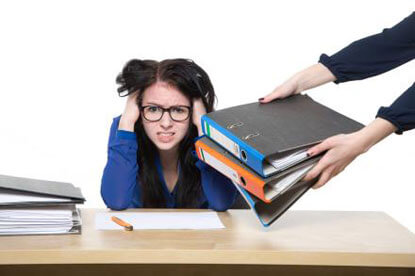Summary: An activist Chinese lawyer faces trial for posts on the internet.
China faces scrutiny yet again for suppressing free thought and speech, now that civil rights lawyer Pu Zhiqiang is facing trial for posts he made on the internet. Seven posts in particular, made on a Twitter-like service called Weibo, landed the liberal-leaning lawyer in jail in 2014, where he stayed without charge, while his health deteriorated. Now the world is in an outcry as the lawyer, 50, faces up to eight years in prison for charges of ‘inciting ethnic hatred’ and ‘picking quarrels and provoking trouble.’
Diplomats from around the world have come to the court room to witness the proceeding, but were violently barred from entering, with police shoving even American Diplomats.
Mr. Pu said that if his posts “hurt anyone, he would like to apologize,” and his lawyer said “He said he will face and accept whatever verdict the court might hand down, but he hoped this would be a verdict that would stand the test of history.”
He is standing trial in the Second Intermediate People’s Court of Beijing, which began at 9 a.m. and lasted a little more than three hours.
“It was smooth and regulated,” said Mo Shaoping, Mr. Pu’s lawyer.
American diplomat Dan Biers read an embassy statement outside the courtroom, saying, “We remain concerned that Pu Zhiqiang, a prominent Chinese defense lawyer, is being tried under vague charges of ‘inciting ethnic hatred’ and ‘picking quarrels and provoking trouble.’ Lawyers and civil society leaders such as Mr. Pu should not be subject to continuing repression, but should be allowed to contribute to the building of a prosperous and stable China.”
Necessarily there is some America rhetoric of free speech buried beneath this plea, as Hu Jia, a rights activist imprisoned from December 2007 to June 2011, said “Under Xi Jinping, our society has been regressing. The authorities are doing this because they want people to feel that their fingers are loaded with a lot of weight when typing on the keyboard.”
In fact, it is as recent as 2013 when China’s two legal bodies included “picking quarrels” charges to include online comments – a peculiar idea to us Westerners, since the internet may have been invented solely for the purpose of “picking quarrels,” – or at least a casual onlooker may judge that to be so from looking at his Facebook updates. Nevertheless, the officials have since charged artist, poets, and essayists for expressing liberal thoughts online.
“The law in China today is nothing more than an instrument of the leadership’s political impulses – a reality with frightening consequences inside and outside the country,” said Sophia Richardson, the China director of Human Rights Watch. Though there has been some globalization of law firms in China, and outreach, many feel the government is working in two directions as far as growth goes.
As for the supposedly incendiary posts the lawyer made, they include political opinions, such as that “If Xinjian belongs to China, then don’t treat it as a colony.” He also made post from March 2013 after the Uighurs knifed people on the Kunming train station that “the murders are very sinful … Xinjiang separatist forces made the terror attack.”
Such political commenting on world events seems a matter of course for those in the West, but in China, every word and post is scrutinized for political implications.
Source: NYTimes

















































